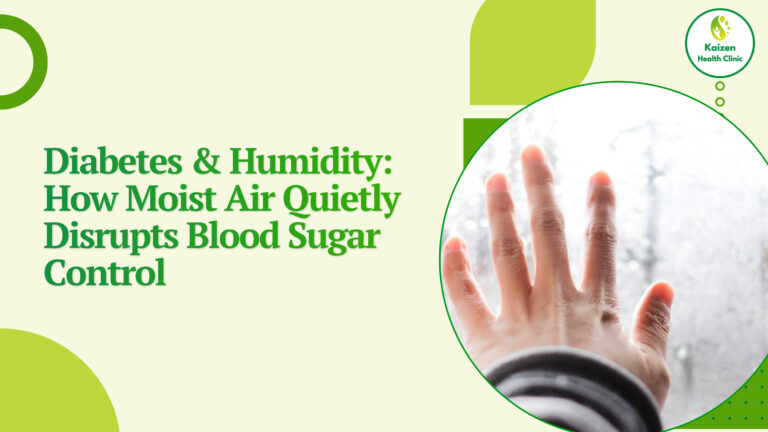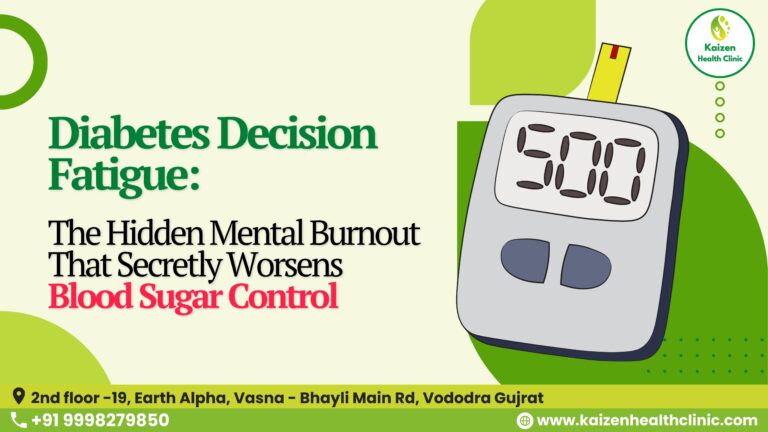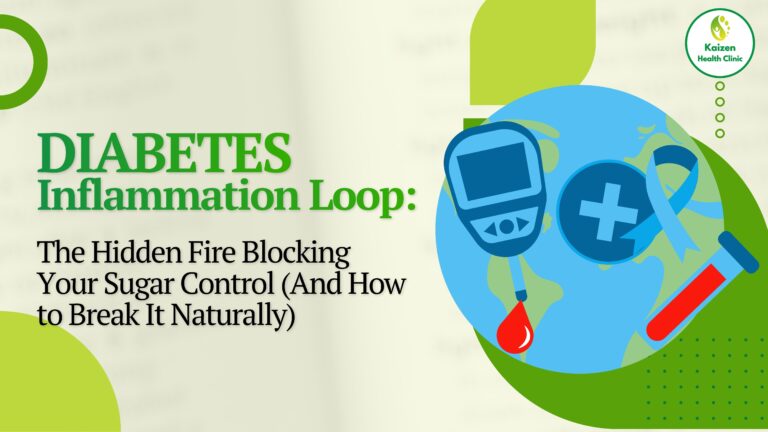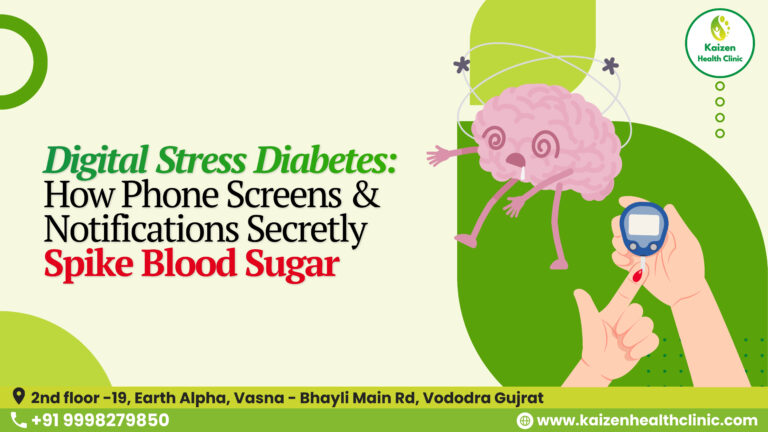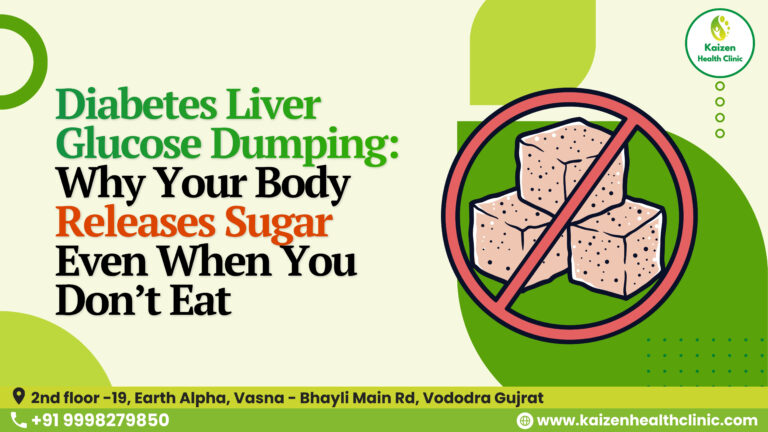
Introduction
Living with Type 2 Diabetes doesn’t have to mean a life of medications and constant dietary restrictions. In fact, with the right knowledge and changes to your daily routine, you can naturally support your body, improve insulin sensitivity, and even reverse insulin resistance. Thousands of people are now managing their blood sugar without relying entirely on medications—and so can you. In this blog, we’ll uncover the real causes of Type 2 Diabetes, early warning signs, and natural management strategies that promote long-term health and healing.
What is Type 2 Diabetes?
Type 2 Diabetes is a metabolic disorder where the body becomes resistant to insulin or doesn’t produce enough of it to maintain normal blood sugar levels. Unlike Type 1 Diabetes—which is an autoimmune condition—Type 2 is primarily lifestyle-related, although genetics also play a role. Over time, consistently high blood sugar levels damage organs, blood vessels, and nerves, increasing the risk of heart disease, kidney failure, and vision loss. The good news? It’s manageable—and in many cases, reversible.
Causes of Type 2 Diabetes
Understanding the root causes of Type 2 Diabetes helps in targeting the problem at its core. While family history and age increase the risk, your daily habits have a much stronger impact. Major causes include:
- Sedentary lifestyle with little to no physical activity
- Poor dietary choices high in sugar, trans fats, and refined carbs
- Chronic stress leading to high cortisol levels and insulin resistance
- Excess abdominal fat that disrupts hormonal balance
- Inadequate sleep or poor sleep hygiene
- Gut microbiome imbalance linked to inflammation and poor glucose regulation
💡 Pro Tip: Chronic stress increases cortisol, which elevates blood sugar and makes your cells more insulin-resistant over time. Prioritizing stress management is crucial.
Early Symptoms You Shouldn’t Ignore
Type 2 Diabetes often develops silently over the years. Here are common warning signs you should watch out for:
- Persistent fatigue or energy crashes after meals
- Frequent urination, especially at night
- Unusual thirst or constant hunger
- Blurred vision
- Slow-healing cuts or frequent infections
- Dark patches around the neck or underarms (acanthosis nigricans)
Don’t wait for a formal diagnosis—early lifestyle intervention can prevent the condition from progressing.
How to Naturally Manage Type 2 Diabetes
1. Focus on Whole, Real Foods
- Replace refined carbs and sugars with complex carbs like quinoa, oats, and millets
- Eat plenty of vegetables rich in fiber and antioxidants
- Include proteins like lentils, tofu, eggs, and fish
- Healthy fats from ghee, avocado, and seeds can stabilize blood sugar
- Natural remedies like fenugreek seeds, bitter gourd juice, and cinnamon help reduce glucose spikes
2. Movement is Medicine
- A 20–30 minute walk after meals can significantly lower post-meal glucose
- Strength training 2–3 times a week improves muscle insulin sensitivity
- Yoga and stretching support nervous system regulation and reduce inflammation
3. Master Stress & Sleep
- Deep breathing, guided meditation, or journaling lowers cortisol
- Aim for 7–8 hours of quality sleep to allow insulin regulation overnight
- Avoid screen time 1 hour before bed and create a sleep-friendly environment
4. Track & Adjust
- Regularly monitor your HbA1c, fasting glucose, and post-meal sugar
- Keep a food, mood, and glucose log to understand your body
- Consult with a certified diabetes educator to personalize your nutrition and movement plan
🔗 External Resource: Learn more from American Diabetes Association
Do You Always Need Medication?
Not always. While some people need medications initially, Type 2 Diabetes can often be reversed or managed naturally through sustainable lifestyle changes. Many clients have been able to reduce or even stop their medications over time—with their doctor’s supervision—by embracing natural interventions. Important: Never stop or change your prescribed medication without professional guidance.
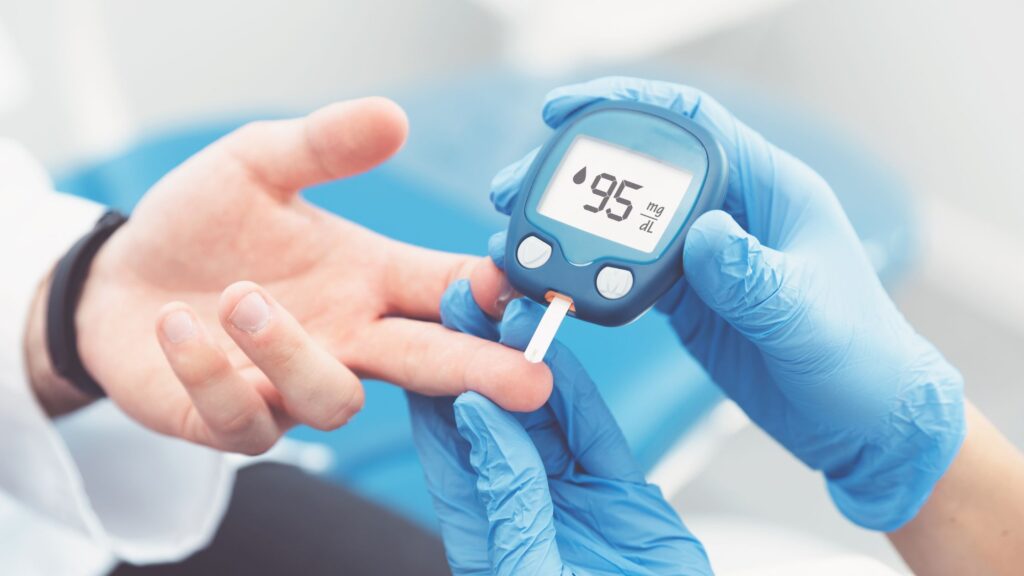
Real Case Study: Reversing Diabetes Holistically
One of our inspiring clients, a 42-year-old woman with Type 2 Diabetes and PCOS, came to us exhausted and frustrated. Her HbA1c was 7.8%, and she relied heavily on metformin. Through a 4-month personalized plan involving nutrition coaching, mindful movement, and hormone-balancing strategies, she reduced her HbA1c to 5.6%, improved her insulin sensitivity, and discontinued her medication under her doctor’s supervision. Most importantly, she felt more energetic, clear-minded, and in control of her health.
Final Thoughts
Type 2 Diabetes is not a life sentence. By addressing root causes and embracing natural strategies, you can take control of your blood sugar, your energy, and your long-term health. Small, consistent steps lead to big changes. Whether you’re newly diagnosed or have been living with diabetes for years, healing is possible—naturally.

